A brand new approach to monitoring wastewater networks

Rising main monitoring
Syrinix and Anglian Water worked collaboratively to explore the capability of pressure monitoring to identify bursts on rising mains, a problem with a significant consequence for both customers and the environment.
The project began with PIPEMINDER-C sensors placed on poor performing assets which were known to be at higher risk of failure. The intention behind monitoring these assets was to generate reference data which would allow for the understanding of patterns associated with bursts and poor performance.
The data collected was then run through Syrinix’s patent-pending algorithm in order to aggregate the performance of the complete pipeline system.
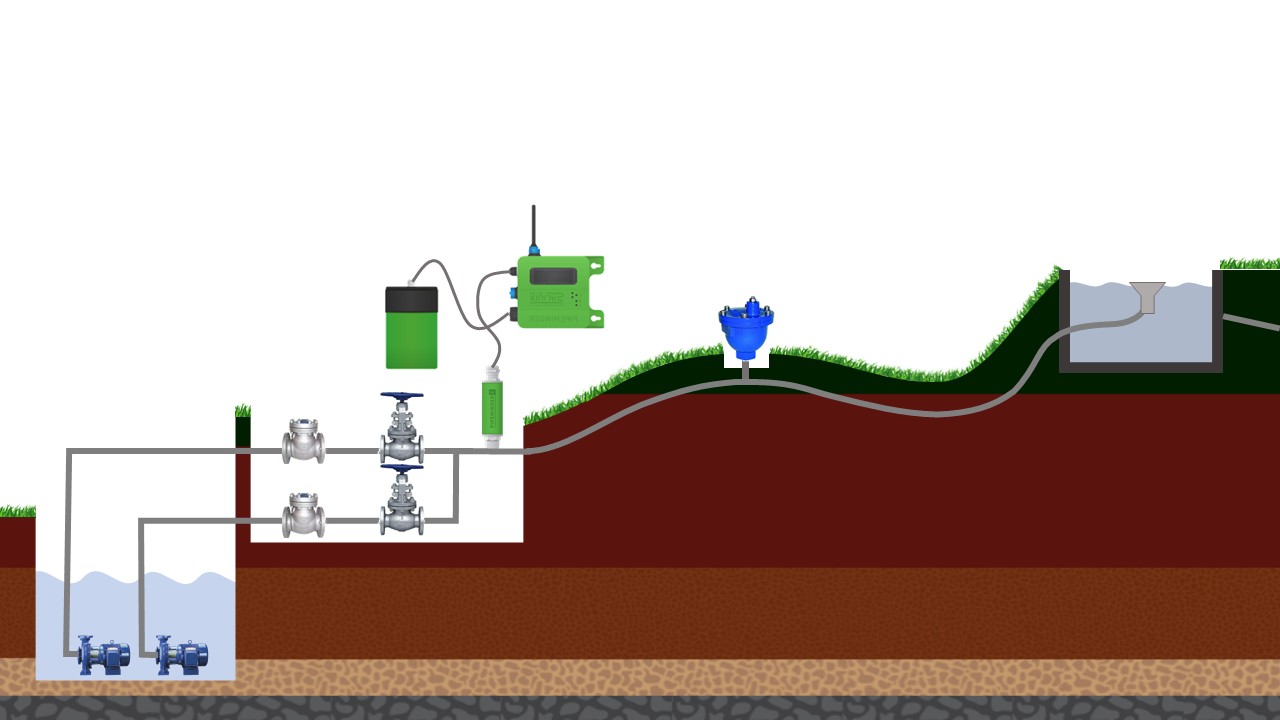
By analysing the one-minute summary data stream, the automated algorithm extracts numbers of minutes of time spent in the following categorised pressure zones:
- Low static head
- Normal static head
- Low delivery pressure
- Normal delivery pressure
- High delivery pressure
- Excessive transient
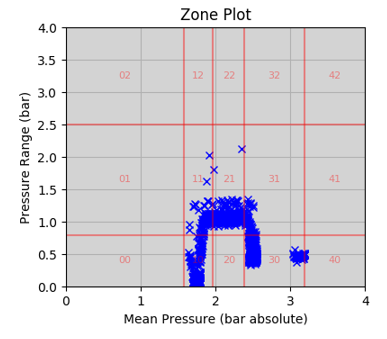
Data is sent every 6 hours to RADAR, where it is analysed against set performance parameters, determining the system operating state and enabling the identification of asset issues.
If activity occurs outside of the set 'zone', a burst alert is raised in the operational control centre and the time to respond to asset failure is reduced significantly.
In May 2019, early detection of a burst rising main meant a repair bill of £1,100 as opposed to the £25,000 repair bill received in December 2018, prior to the burst alert.
By looking at analysis of time spent in other zones it became possible to determine the system operating state such as ragging blockages and sticking non-return valves, giving predictive capabilities to asset owners and the proven ability to address underperformance before failure.
It was the capture and interpretation of this data that gave the project real commercial value.
This data tracked over time (figure 3) shows system issues raised in red and a state counter (figure 4) is used to indicate the asset issue.
An alert is then raised in the Operational control centre so a review and response to the failure can be planned.
Early detection means Anglian Water can minimise the impact on the environment, whilst lessening any customer impact and company reputation.
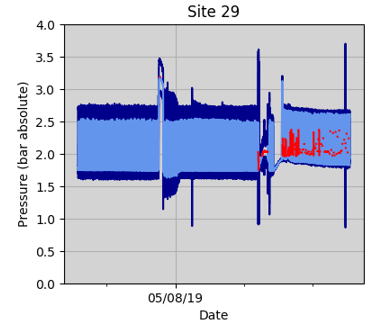
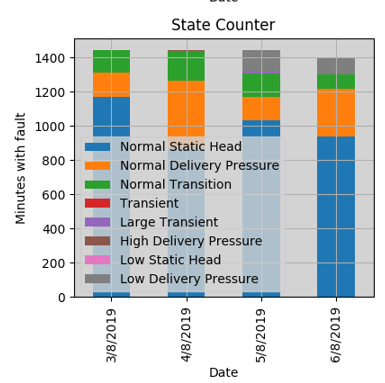
More case studies
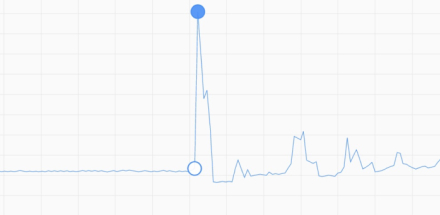
Las Vegas Valley Water District ‘Main break investigations’
LVVWD experienced 3 line breaks in close proximity and installed PIPEMINDER devices to understand why.
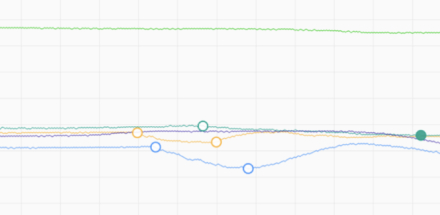
South East Water ‘Triangulation’
The leakage team came to Syrinix to look at new ways of understanding what was going on within their DMAs.
Contact Us
Leave your details and we will be in touch.





